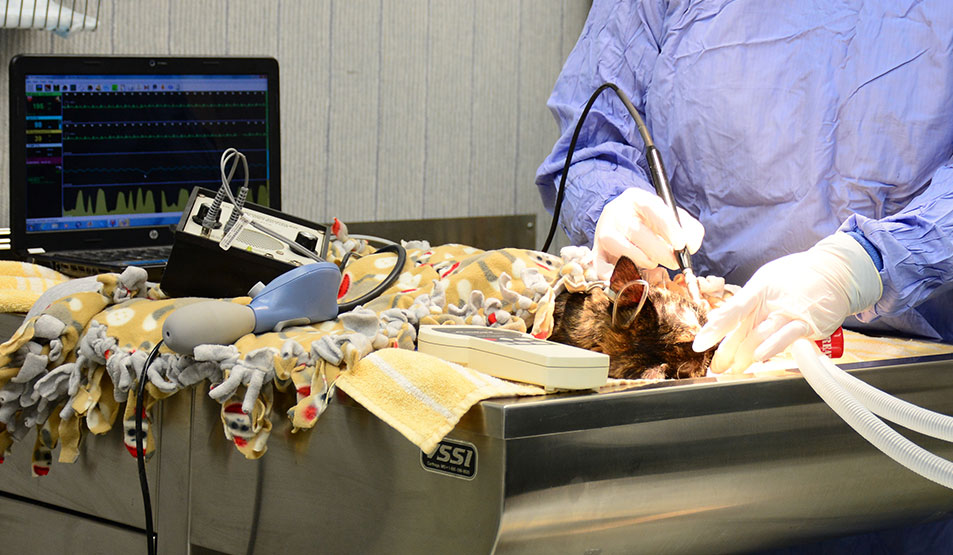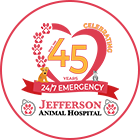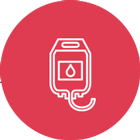
Veterinary Oral Surgery
Oral Surgery for Dogs & Cats
We offer many types of oral surgery, from tooth extractions to specialized treatments for trauma, tumors, oral inflammation and pain. Oral surgery requires your pet to be placed under safe anesthesia and we recommend the use of dental digital x-rays during the exam so that are able to evaluate the internal anatomy of your pet’s teeth along with the roots and surrounding bone. Our own teeth are examined digitally and we open our mouth when requested. We understand why the procedure is so important, and when we are in pain we are looking forward to being out of pain. This is not true for pets.
Pre-Oral Surgery Examination
Any pet coming into the hospital for oral surgery needs a thorough physical examination, in your presence. It is very important that you meet with one of our veterinarians to discuss the individual health status of your pet. Any problems found during the exam which could cause problems during the operation are thoroughly discussed with you at that time. We also require a pre-surgical blood screening prior to any oral surgery to rule out any underlying problems which could cause complications during surgery.
Pain Management
At Jefferson Animal Hospitals, we take pain management seriously. In all oral surgery procedures, your pet will be given Advanced Pain Management using pre-emptive pain management, regional blocks and multi modal therapies to minimize any pain your pet may experience. If needed, your pet will be given pain medication at discharge.
Safe Anesthetic for Pets During Oral Surgery
All oral surgery procedures are performed with your pet placed under full general anesthesia. Your pet sleeps painlessly through the entire operation. At Jefferson Animal Hospitals, the specific type of anesthetic used is tailored to the specific health picture and physical condition of your pet in order to make the surgery as safe as possible. Among the anesthetics available at our hospital is Isoflurane, one of the most modern gas anesthetics available today. For each patient, we use a pack of surgical dental instruments which has been freshly sterilized by pressure (autoclave) sterilization. This is vitally important to preventing serious infections. The surgery is performed in our dental suite or sterile operating room. Oral surgery is performed by one of our licensed, trained veterinarians – sterile, scrubbed and gloved for each individual patient. During oral surgery, advanced monitors including EKG, pulse oximetry, respiratory monitors and blood pressure monitors are used during all oral surgery procedures to ensure the safest possible outcome.
After oral surgery, your pet will be carefully monitored by our veterinarians, trained staff members and medical technicians until he or she is fully awake and stable. No pet is dismissed from the hospital until we are satisfied that he or she is fully recovered from the anesthetic and stable from the oral surgery.
Discharge
When your pet is discharged, you will be given oral and written instructions explaining what to do and what to look for during your pet’s recovery period.





